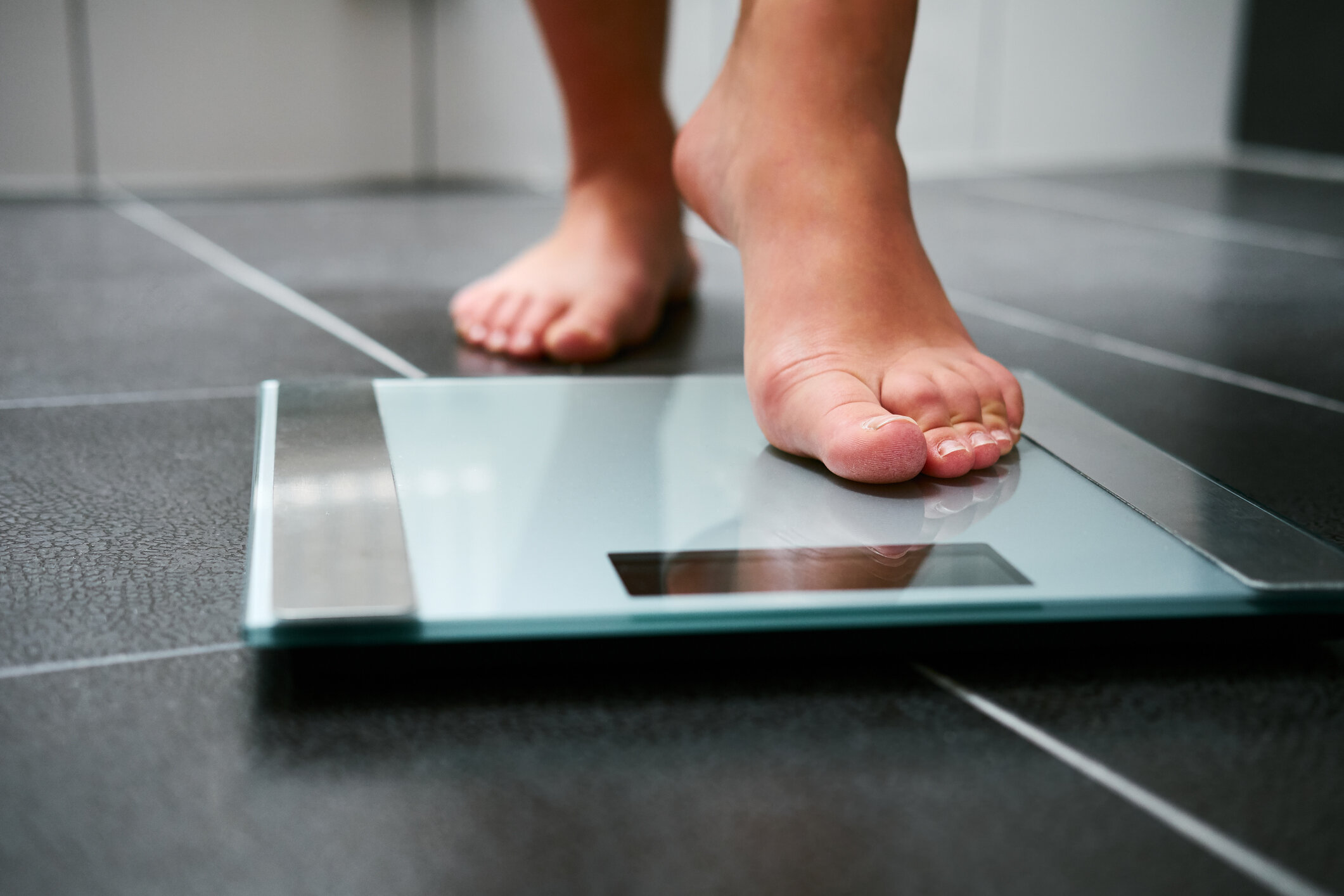The Connection Between Sleep And Obesity
Tackling Obesity as a Growing Epidemic
Obesity in the United States has grown to epidemic proportions. The Center for Disease Control and Prevention estimates that 40% of adults in the U.S. are obese. New research predicts that by the year 2030, about 49% of the population will be obese, with 29 states reflecting an obesity rate of over 50%. Carrying excess body weight has been linked to a myriad of chronic health conditions, including heart disease, stroke, diabetes, and cancer. Additional studies link obesity to obstructive sleep apnea.
Sleep Duration and the Link to Obesity
This growing body of evidence that links sleep to obesity demonstrates that sleep duration may be an essential regulator of body weight and metabolism. According to the National Sleep Foundation, getting enough sleep can actually help regulate how much you eat. The two hormones that help control hunger—ghrelin and leptin—are affected by sleep: Ghrelin stimulates appetite, while leptin decreases it. When the body is sleep-deprived, the level of ghrelin spikes, while the level of leptin falls, leading to an increase in hunger. These findings were documented in 2004 in a Stanford University study that, for the first time, confirmed the relationship between sleep and hormones.
Understanding the Cyclical Relationship between Obesity and Sleep Apnea
“When treating obese patients, it is crucial to understand the cyclical relationship between obesity and sleep apnea. With obstructive sleep apnea, breathing is continually interrupted during sleep, leading to poor sleep quality and daytime exhaustion. And while carrying excess body weight is not the only reason someone could develop sleep apnea, obesity is the highest risk factor for obstructive sleep apnea development.” says Dominic Munafo, M.D. FABSM , Chief Medical Officer at BetterNight.
BetterNight's Approach to Transforming Sleep Health
Approximately 20-25% of the population at a healthy weight will develop obstructive sleep apnea, but 75% of those with OSA are significantly overweight. And for those who may not have been overweight at the time of their sleep apnea diagnosis, the daytime sleepiness and general fatigue associated with the disease can lead to a lack of activity, leading to potential weight gain. In some instances, it is hard to determine which health condition came first or the causal relationship, since they are closely associated with one another.
INTEGRATING Technology and Expertise for Success
When you partner with BetterNight, you leverage over 25 years of dedicated sleep medicine expertise. With over 100,000 patients treated for sleep apnea at a satisfaction rate of 99%, we continue to only focus on one goal: to bring a higher quality of life through a better night’s sleep. Our process of patient screening, diagnosis, and treatment is quick and efficient, and can often be completed in two weeks. Our initial telemedicine consult will connect your patient to a board-certified sleep physician who will discuss their sleep health concerns via computer, tablet, or mobile device. We deliver our convenient and private home sleep test directly to your patient to further diagnose their unique sleep issues. Once a treatment plan is determined, we include you every step of the way and deliver the needed therapy device directly to your patient.
Our practice uses proprietary software to obtain detailed data from CPAP devices, which provides transparency into each patient’s treatment journey. We then monitor their progress and update you, providing a coordinated continuum of care. But technology is only as good as those who use it. At BetterNight, we employ over 100 sleep medicine professionals, including respiratory therapists, polysomnographic technicians, and Cognitive Behavioral Therapy counselors. They are uniquely trained in their fields and are dedicated to providing the best in class sleep medicine to their patients.
BetterNight's Commitment to Specialized Care
Once a patient is diagnosed and successfully onboarded with a treatment plan for their sleep apnea, they are often more rested and open to participating in other important facets of treatment for obesity, including nutritional counseling. While losing weight reduces the risk for many chronic health issues, it is also proven to help with sleep apnea by reducing excess fat around the upper airway, which reduces obstruction, leading to improved airflow and an increase in oxygen saturation.
BetterNight delivers the latest innovations in sleep health and allows you to bring highly specialized care to your patients who may struggle with their weight and may also have sleep apnea or other sleep health disorders. Our consultative approach keeps you in the know while allowing you to focus on your practice’s broader needs. Together, we can continue to bring a healthier, more satisfying quality of life to patients through improved sleep quality.

